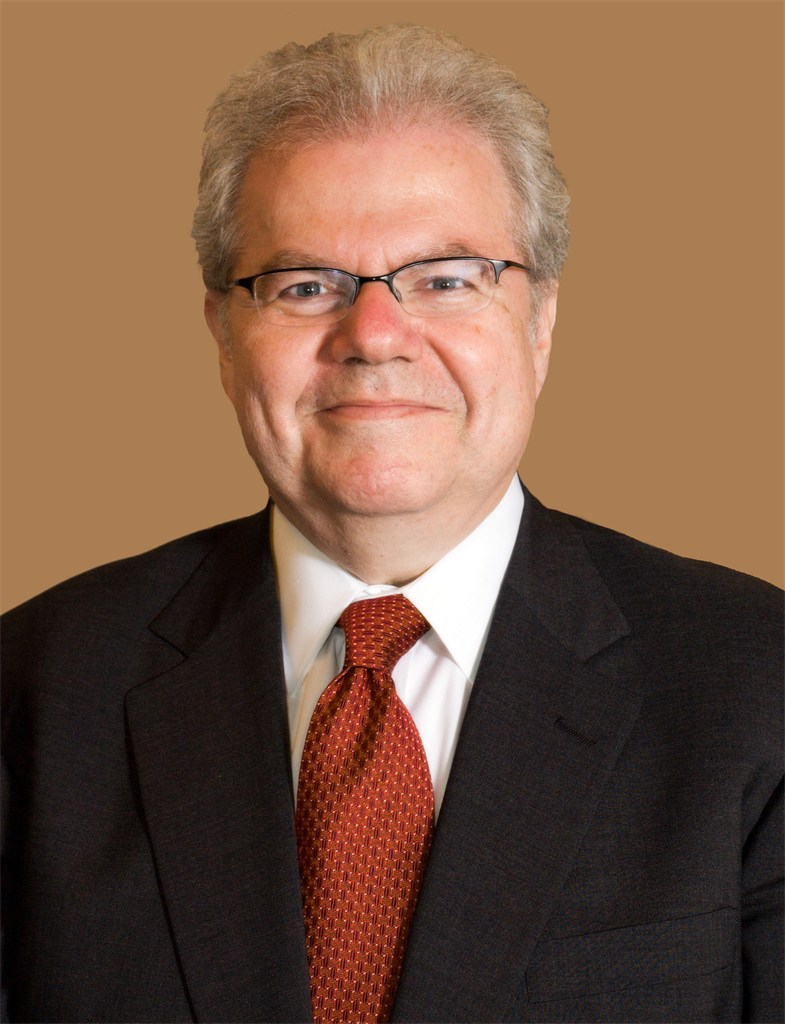Ax closes Celebrity Series season with a professorial program of variations

Emanuel Ax performed a program of variations Friday night at Jordan Hall.
The piano recital by Emanuel Ax Friday night at New England Conservatory’s Jordan Hall was a case of too many variations, and not enough variation.
You could also say that, on the evidence of Friday’s recital, Emanuel Ax is an exceptional artist who places technical wizardry at the service of a most refined sensibility.
You’d be right either way. Those who decry theme-and-variations works as “listening to the same tune over and over” would not have cared for Ax’s program, which consisted entirely of variation sets by Copland, Haydn, Beethoven, and Schumann. But on Friday night, Ax’s exquisite sense of timing and phrasing gave listeners much to enjoy.
Still, while one set of variations can provide a wonderful around-the-world tour of musical expression, playing four of them back-to-back smacks more of the classroom than an enjoyable program of music. To bring it off requires a pianist with the utmost resources of tone color and imagination.
Ax did not quite bring that kind of game to Jordan Hall on Friday. A variety of musical styles might have helped, but instead three of the four works were composed within 45 years of each other, during the transition from Viennese Classicism to German Romanticism. Also, each piece was longer than the previous one; in the concluding piece, Schumann’s Symphonic Etudes, Op. 13, Ax even added three variations the composer himself had deleted.
Given all these challenges, it’s a marvel that Ax sustained listener interest for as long as he did. The intimacy of Jordan Hall was a plus, inviting the audience to share Ax’s close attention to detail and nuance. His scintillating touch in leggiero, staccato, and rapid chordal passages refreshed the ear every time one heard it.
These virtues helped compensate for Ax’s rather monochromatic tone, which was not much help in illuminating complex passages—especially in the Schumann and Beethoven’s Eroica Variations—which, though impeccably played, tended to sound thick and opaque.
Ax opened the program with Aaron Copland’s Piano Variations, a piece as stark and blunt as its title, composed, Copland wrote, as an antidote to the “grandiosity” of his previous compositions. Then, the composer continued, he found in this music “a very dry and bare grandiosity” of its own. Capturing this spirit, Ax brought a Moussorgsky-like clangor and whimsey to Copland’s score, reveling in percussive attacks and scurrying leggiero passages.
Haydn’s Variations in F minor, Hob. XVII:6, is a late work that finds genial “Papa Haydn” in an unusually reflective mood. Composing soon after Mozart’s death for a woman who was one of Mozart’s favorite pianists, Haydn muses on two alternating themes, in F minor and F major, exploring that bittersweet minor-major harmonic territory that will be visited so often later by Schubert.
Haydn’s two themes and their plain accompaniments can sound a little square, but Ax brought just enough Chopin-nocturne sensibility to their tender phrases and later elaborations that the work’s intimate sentiments could bloom, without sounding over-romanticized. He also gave full voice to the startlingly passionate coda, a powerful foreshadowing of Beethoven.
And then Beethoven arrived, right on cue, with his Variations in E-flat major, Op. 35, on the theme that has become famous from the finale of his Symphony No. 3, Eroica. In his variation sets, Beethoven often gives the impression of a creative mind boiling over, and Ax vividly conveyed the shirt-grabbing intensity of this particular set, leaping from one wild new inspiration to the next, overcoming all the gnarly challenges Beethoven threw in his path, including the finger-twisting fugue finale. If this was a school trip to Beethoven’s composing laboratory, it was a very exciting one.
After an intermission to catch one’s breath, it was back to the lab, this time with Robert Schumann, for more experiments in composing for the piano, with the intention of giving that instrument the expressive power of an entire orchestra—hence the title Symphonic Etudes.
That meant more heavy lifting for the pianist, and for the audience too. Again Ax executed superbly, but eventually the sheer density of notes began to pall. The three “extra” variations—apparently rejected as dreamy youthful indiscretions by the more mature Schumann before the piece was published—came as a relief from the strenuous goings-on, although Ax, with his matter-of-fact approach to the instrument, conveyed little of their vaporous atmosphere.
True relief arrived in the two waltzes Ax played as encores: Liszt’s alluring and elusive Valse oubliée No. 1, and Chopin’s glittering Valse brillante in A-flat major, Op. 34, No. 1.
This recital was the final music event of the season for the Celebrity Series of Boston. The 2012-13 series begins with pianist Daniil Trifonov on Oct. 5. celebrityseries.org. 617-482-6661.
Posted in Performances